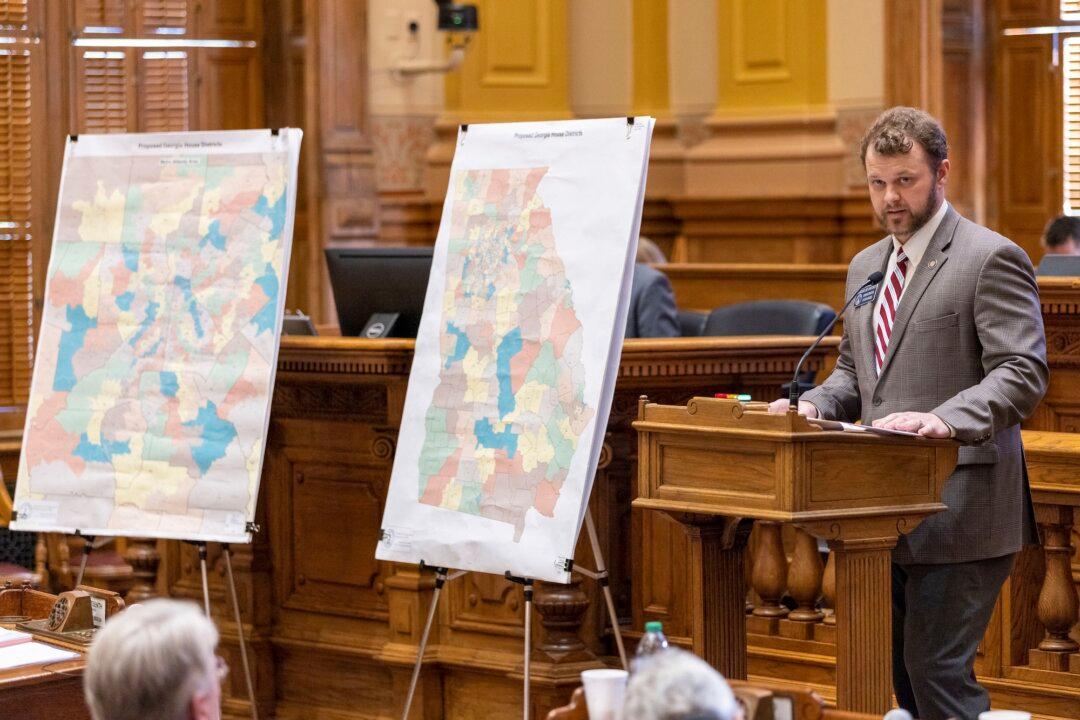A federal judge in Georgia has approved new Republican-drawn congressional maps, delivering a win to state’s GOP as it seeks to keep its majority while rejecting claims in three separate lawsuits that the redrawn maps don’t do enough to help black voters.
U.S. District Judge Steve Jones said in similarly worded orders that the creation of new majority-black voting districts solved the problem of illegal minority vote dilution that led the judge to order the maps redrawn in the first place.





